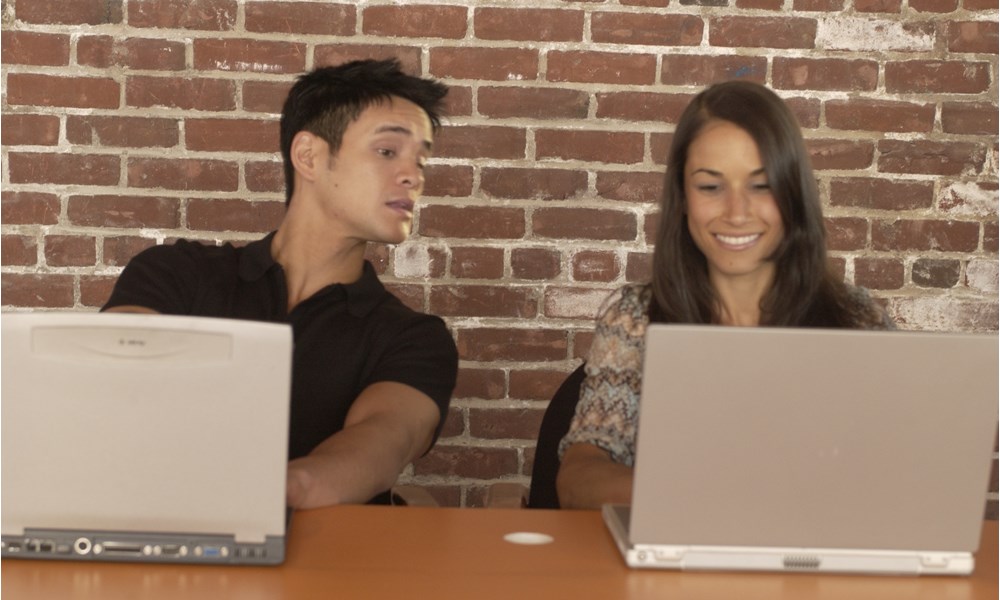
The fierce Mac vs. PC debate, once the domain of computer technicians and that guy at your office who plugs in the computer after you complain that it's not working, has spilled over into schools, businesses, and homes. It's time to take a look at the major issues in this worldwide battle for computer supremacy using this Sears Imported Autos guide.
Brief history of the conflict. Macs were hugely popular when they were introduced in the mid 1980s. Macs with their pioneering of technology, such as the mouse, controlled a large portion of the personal computer market. With the advent of Windows 3.1 and Windows 95 in the 1990s, the PC took over the personal computing market and Macs suffered a large decline. The return of iconic Apple founder Steve Jobs in 1997 coupled with the release of the iMac revived Mac sales and returned Apple to the forefront of the personal computer market.
Operating systems. Only one manufacturer makes Macintosh computers (Macs). That's Apple. The first Macintosh home computer was made available to the general public in 1984 and used the MAC operating system, at the time simply called the System software. PCs refer to any computer using the Windows operating system. Manufacturers include HP, Toshiba, Dell, and more. A Mac can use the Windows operating system by installing software like Boot Camp, or a virtualization solution, such as Parallels Desktop. A Windows PC, however, cannot run the Mac operating system.
System stability. Because the Windows operating system and compatible computers are made by several companies, software stability issues are prevalent. Virus writers and hackers are also more likely to target PCs because there are more PCs in operation than there are Macs. As the popularity of Macs grows, however, it is likely hackers and virus writers will begin to target them.
Cost. As a general rule, you can get a PC with equal memory and equal specifications for less money than you can get a Mac. PC software also, as a general rule, costs less. Mac defenders cite that the quality of Macs and its components favor the long term costs of Macs. They also claim that once your PC crashes due to a virus, it doesn't matter how much money you saved. They neglect to mention that a PC plus PC virus protection software still costs considerably less than an equivalent Mac.
Uses. Creative professionals such as journalists, graphic designers, desktop publishers, video editors, and audio editors, have traditionally favored Macs. Macs have also made significant inroads in the fields of science and education. PCs have been traditionally found for home and office use. Gamers also prefer PCs. Apple has really made their mark with accessories such as the iPod, iPad, and iPhone, and the PC world hasn't been able to catch up.
Personal preference. Since the essence of buying the right computer involves individual needs, it makes sense to personalize the personal computer. What most families discover is that both Macs and PCs will do what they need them to do—surf the Internet, help them with homework, check emails, upload and store pictures, and play video games. At this point it boils down to user preference or what the user is used to doing. Those most familiar with PCs claim that PCs are easier to navigate and those familiar with Macs claim that Macs are easier to navigate.

